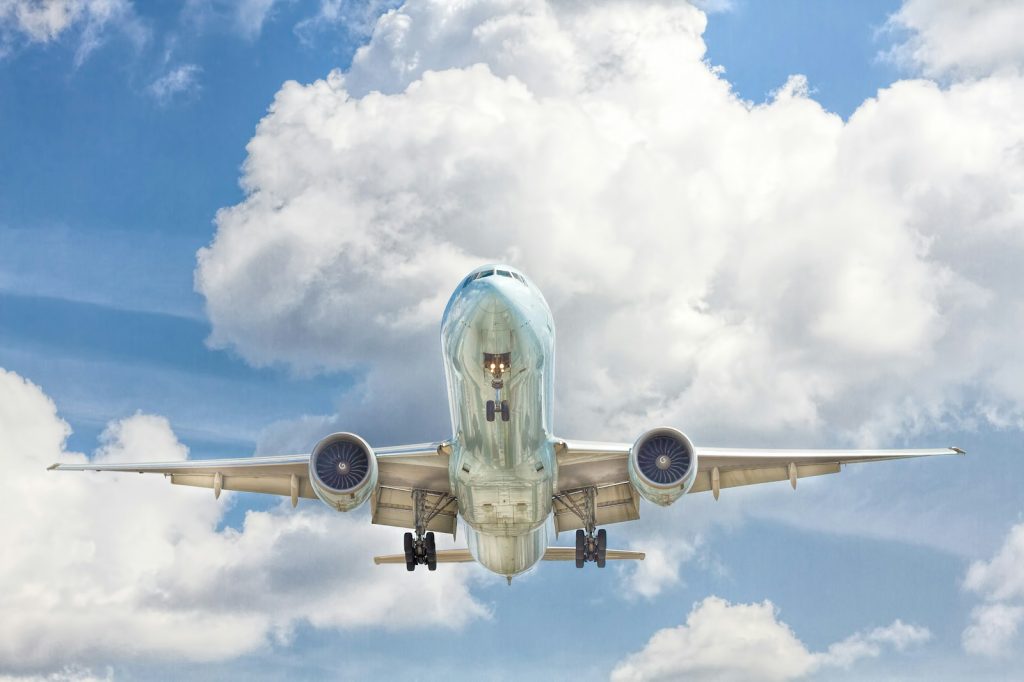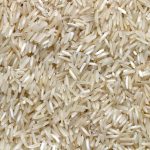Thai Airways Announces Sale of Boeing and Airbus Aircraft
In a significant move aimed at restructuring its fleet and optimizing operations, Thai Airways International has disclosed plans to sell a portion of its aircraft. This decision comes as the airline continues to navigate the financial turbulence exacerbated by the global pandemic.
Details of the Aircraft Sale
The national carrier has put up for sale several Boeing and Airbus models, which include both wide-body and narrow-body planes. By offloading these aircraft, Thai Airways aims to reduce its operational costs and streamline its services for better efficiency. The sale comprises several models that have been used extensively in both domestic and international routes.
Boeing Aircraft on Sale
Among the Boeing aircraft up for sale are:
- Boeing 747-400s
- Boeing 777-200s
- Boeing 777-300s
These models have been integral to Thai Airways’ long-haul international routes but are now considered surplus to the airline’s revised operational requirements.
Airbus Aircraft on Sale
The Airbus models available for purchase include:
- Airbus A340-500s
- Airbus A340-600s
- Airbus A380-800s
These aircraft have been part of the airline’s strategy to offer advanced comfort and service, especially in high-density routes, but the current travel landscape has necessitated a reevaluation of their utility.
Reason Behind the Decision
The sale is part of Thai Airways’ broader strategic plan to enhance its financial stability and operational efficiency. With the aviation industry facing unprecedented challenges, the airline is looking to trim down its fleet size, thereby lowering maintenance and operational expenses. Additionally, this move aligns with their goal to become more agile and responsive to market demands.
Financial Considerations
By selling these aircraft, Thai Airways hopes to generate significant revenue that can be redirected towards paying down debt and investing in more fuel-efficient and cost-effective models. The airline has also underscored its commitment to maintaining a modern fleet capable of meeting future demand while ensuring sustainability.
Operational Efficiency
Another key driver behind the sale is the desire to enhance operational efficiency. By focusing on a leaner fleet, Thai Airways can optimize routing, scheduling, and crew management. This, in turn, is expected to improve overall passenger satisfaction and operational reliability.
Future Outlook
The aviation sector continues to be dynamic, and Thai Airways is positioning itself to adapt to these changes effectively. With a streamlined fleet, the airline aims to emerge stronger and more competitive in the post-pandemic landscape. Future acquisitions will likely focus on newer, more technologically advanced aircraft that promise better fuel efficiency and lower emissions.
Commitment to Service Quality
Despite the reduction in its fleet size, Thai Airways remains dedicated to providing high-quality service to its passengers. The restructuring will enable the airline to focus on core routes and services, ensuring that passengers continue to enjoy a seamless and comfortable travel experience.
Environmental Considerations
The shift towards a more modern fleet is also part of Thai Airways’ commitment to environmental sustainability. Newer aircraft models typically offer improved fuel efficiency and reduced carbon emissions, aligning with global efforts to mitigate the impact of air travel on climate change.
Concluding Thoughts
The decision by Thai Airways to sell part of its fleet marks a pivotal step in the airline’s journey towards recovery and growth. By optimizing its fleet composition and focusing on sustainability, the airline is setting the stage for a resilient future. Stakeholders and passengers alike can look forward to continued excellence and innovation from one of Asia’s leading carriers.







